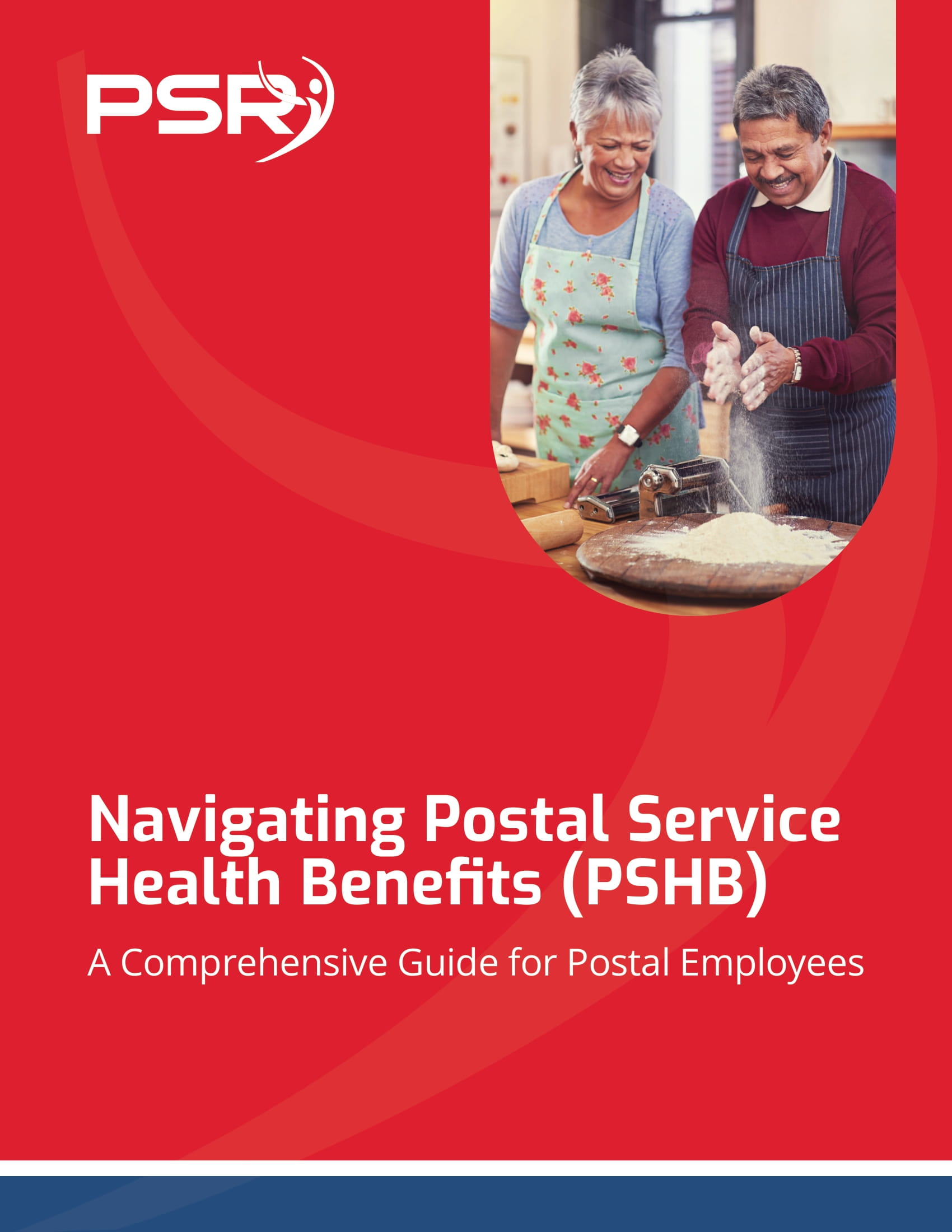Taking on outside work after retirement is not a luxury for some but rather a need for others. However, the double-edged sword of Social Security is that your payments may become taxed if you earn too much outside money. If you think you’ll need to work once you start receiving Social Security payments, you must know how and when they become taxable.
When Does Social Security Become Tax-Free?
Social Security payouts aren’t taxable for many Americans. Benefits are currently nontaxable if your combined income is less than $25,000 for single filers and less than $32,000 for joint filers.
Your benefit will likely not be taxable if you live solely on your Social Security check. However, if your outside earnings increase significantly, you may be subject to taxes.
When Does Social Security Become 50% Taxable?
Social Security benefits are taxed at 50% for single taxpayers earning between $25,000 and $34,000. The range of combined income for joint filers is $32,000 to $44,000, as defined above.
When Is Social Security Taxable at 85%?
After your total income exceeds $34,000, you’ll owe taxes on 85 percent of your Social Security benefits as a single filer. Joint filers with a total income of more than $44,000 are in the same boat.
Is spousal income taken into account?
If you file jointly, spousal income is considered when computing the taxability of Social Security payments. So, even if you are completely retired and do not work, you must include your spouse’s salary when calculating your “combined income.”
Ways to Avoid Paying Social Security Taxes While Working
It can be a delicate balancing act to avoid paying taxes on Social Security benefits while still earning enough to live. However, keeping your total income low makes sense to avoid paying taxes on your benefits.
One technique is to take on modest side jobs to keep you below the tax threshold. Consider the case of a single filer who receives $20,000 in Social Security benefits yearly. You can earn up to $25,000 in “combined income” yearly before taxing under SSA guidelines.
Because combined income only accounts for half of your Social Security benefits, you can earn an additional $14,999 per year and still avoid paying taxes on your benefits. This would increase your total income for the year to $34,999, and you would still be exempt from Social Security taxes.
What Kinds of Side Jobs Can You Do?
Being retired allows you the flexibility to work part-time jobs that fit into your schedule. In many circumstances, you can work a side gig that you enjoy and earn some money without worrying about your Social Security payments being taxed. Some examples include being a guidance counselor, driver, artisan, online instructor, etc.
Contact Information:
Email: [email protected]
Phone: 2129517376
Bio:
M. Dutton and Associates is a full-service financial firm. We have been in business for over 30 years serving our community. Through comprehensive objective driven planning, we provide you with the research, analysis, and available options needed to guide you in implementing a sound plan for your retirement. We are committed to helping you achieve your goals. Visit us at MarvinDutton.com . Tel. 212-951-7376: email: [email protected].













